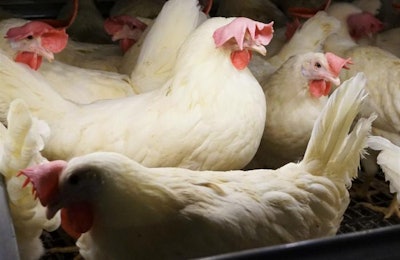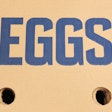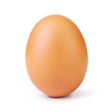
The Kroger Co. wants to make cage-free eggs more affordable.
On September 6, the Cincinnati, Ohio, grocer announced Kroger-brand cage-free eggs are now, or will soon be, available at its 2,778 location in 35 states and the District of Columbia. In a press release, Gil Phipps, the company’s vice president of corporate brands, said the move is a response to increased demand for an affordable cage-free options.
Cage-free eggs, a section of the market demanding more attention as numerous retailers pledge to no longer sell conventionally raised eggs, carry a significant price premium over their conventional counterpoints. The fact is off-putting to consumers who say they want humanely raised products but then purchase conventional eggs on price. Reluctance to pay is making the transition to cage-free harder for producers and retailers.
"More customers are looking for an affordable cage-free egg option,” Phipps said in a release. “Our goal is to help our customers migrate to the cage-free category by offering an affordable alternative to conventional eggs."
In March, Kroger joined the companies committing to selling only cage-free eggs by 2025. According to estimates furnished by the United Egg Producers, the egg industry trade group, Kroger – the second-largest grocer in the country – consumes 3.9 billion eggs annually. More than 14.4 million hens are needed to supply that amount. The US’ current cage-free flock is about 16.6 million birds.
"In order to ensure a smooth transition by 2025, we need to start attracting customers to cage-free eggs now," Mel Bomprezzi, Kroger's vice president of grocery merchandising said in a release. "We remain committed to working with our suppliers during this transition in a way that ensures eggs are readily available, safely produced, and affordably priced for all of our customers."
The release did not say where the eggs are currently being sold or indicate how competitive the price will be against other cage-free and conventional eggs. Representatives of Kroger did not immediately respond to a request for comment.
Fortune quoted an unnamed spokesperson as saying, “This offering is for customers looking for a more affordable cage-free option and will be less expensive than most cage-free eggs available today. We are able to keep the price down by leveraging our scale and packaging the product in a more standard printed carton instead of a more costly upscale label carton that specialty eggs are typically sold in.”
In a release, Kroger said 15 percent of the eggs it sold in 2015 were cage-free compared to the industry average of 9 percent.


















